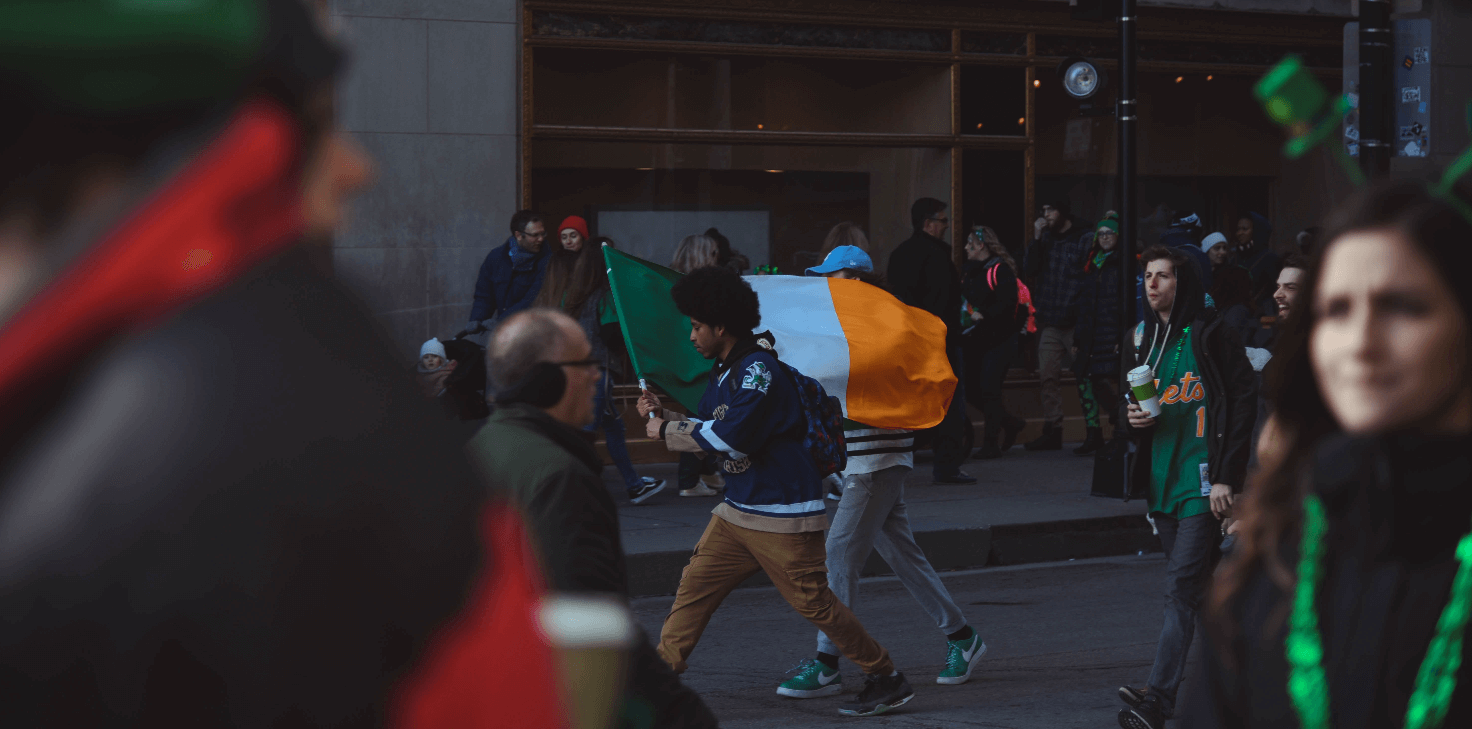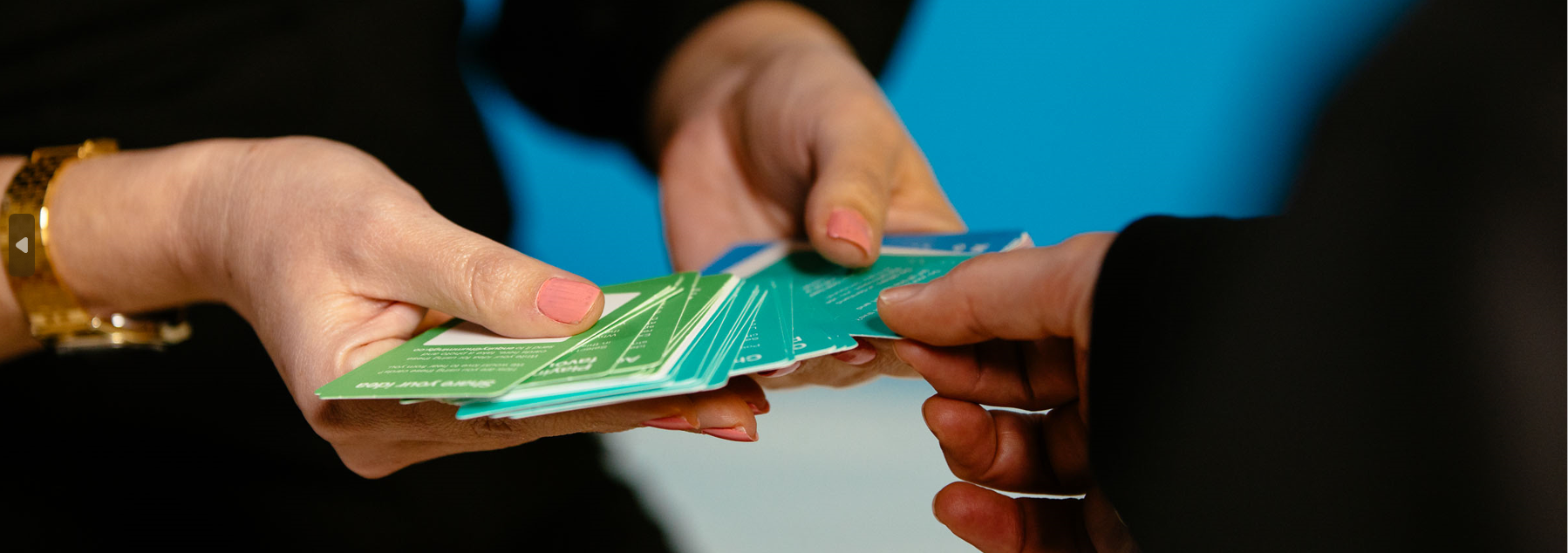Amelia explains how the Cards for Calamity are supporting her community which has been plagued by drought, wildfires as well as COVID-19.

My name is Amelia Hartney.
I live in North-East Victoria, Australia with my family on a farm. I learned about Cards for Calamity earlier this year when I attended a Wildfire Recovery Forum. Our community was fortunate to have Jolie Wills from Hummingly visit us and share her wisdom and learned insights to disaster response and introduce us to tools for emotional and physical recovery. One of these tools was the Cards for Calamity.

I have my own set of cards, provided to our Forum group attendees to encourage exploration of emotional responses, both personally and those of others in our circles. My cards are on my desk and easily accessible for conscious moments of need and when I need the clarity and wisdom of others who have experienced disasters before me. Through them I can ground my anxiety and be strong for others.
“Cards for Calamity is a secure, tactile and comforting option for moments of doubt, fear and high anxiety when no one is around.”
— AMELIA HARTNEY, AUSTRALIA.
The wildfires in Australia in the past 12 months have had a significant effect on our communities and regional economies. Covid-19 compounded the urgency to recover – there are many blurred lines to what we are actually recovering from. There appears to be no line in the sand for many who have not recovered from the ongoing drought, fires and then the virus.
Mental health is already at crisis point and with health services now moving to a tele-health model, many people are further isolated. Having a resource such as the Cards for Calamity is a secure, tactile and comforting option for moments of doubt, fear and high anxiety when no one is around.
I have gifted cards to two of my friends, both thankful and now fellow advocates for the source of calm and connectivity they create. The cards do not have an end or expiration. Rather a continuation of storytelling and opportunity for self-care. Cards for Calamity empower community members to lead their own recovery and support each other through the long, difficult recovery process. Giving someone in need the authority to lead their thoughts and emotional responses following a disaster is incredibly empowering and a positive new legacy.




